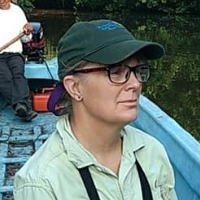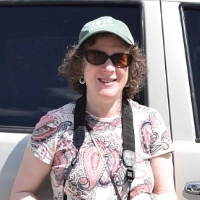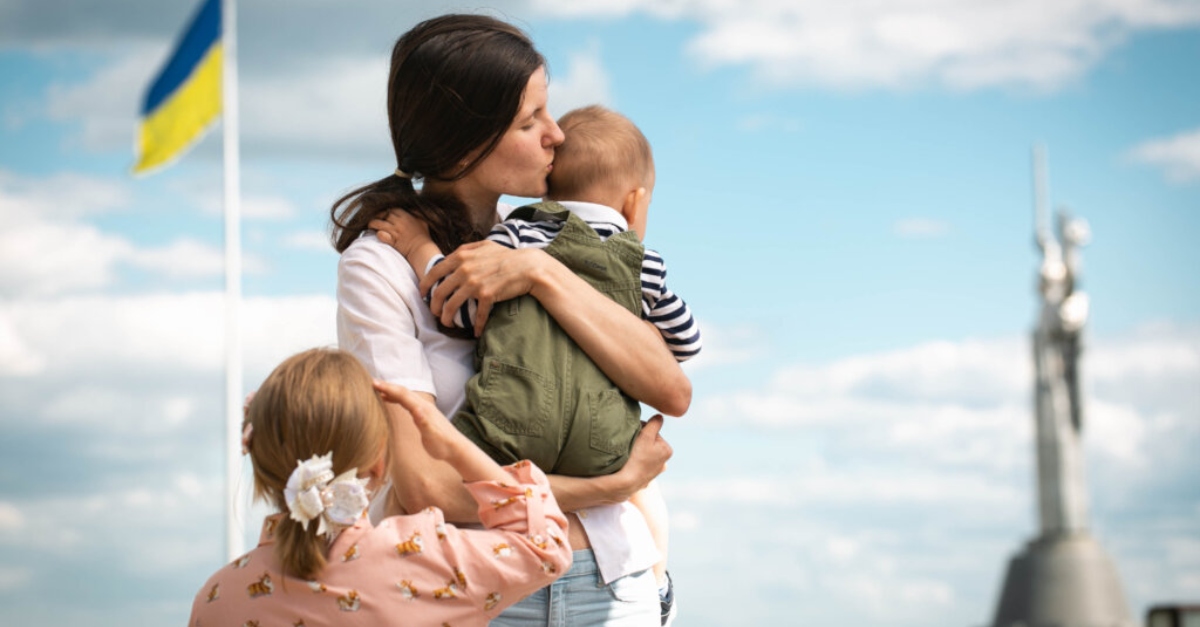For Endangered Species Day 2020, I interviewed two nonprofit leaders working to save endangered parrots in Latin America. Read more to learn about their struggles and triumphs in the field.


Intelligent, brilliantly colored, and able to mimic the human voice—it’s no wonder why parrots are some of the most popular birds on the planet. Unfortunately, parrots’ desirability as pets, as well as factors like habitat loss, has led all but four of 350 parrot species to qualify for protection under the Convention on International Trade in Endangered Species (CITES). That’s why, for Endangered Species Day 2020, I decided to interview the co-directors of GlobalGiving partner, One Earth Conservation, to gather their insights on what it’s like working to conserve endangered parrots in Latin America.
LoraKim: Be in it for the long haul, with deep relationships with the people who live where the wildlife does.
Gail: Don’t give up! I earned a Master’s degree in Zoology in the 1980s and proceeded to follow a winding career path that took me far away from wildlife conservation. It wasn’t until 2014 that I met LoraKim and that changed. Also, volunteer doing wildlife conservation or related work. You’ll learn a lot, help out nonprofits organizations, and meet people who can help (even as you help them and the animals).
Gail: Oh, there are so many! Biodiversity loss is as big as climate change, although we hear less about it in the news and other media. The illegal wildlife trade has the biggest impact on parrot conservation; but habitat loss, pollution, and, of course, climate change, are also big contributors. There is a lot of overlap between all those issues and social justice issues, such as income inequality and discrimination. It all seems very overwhelming at times, and yet there is much being done that gives us hope.
LoraKim: One Earth Conservation invites people into a vision and practice of interbeing, based on the following principles:
Gail: I’d like people to ask and want to understand why our work is so, so important. I think too many people think that in the scheme of things, animals don’t matter as much as people. Someone may say, ‘Why should I care about birds?’
“But now, more than ever, I hope people are seeing how intertwined all of life is and how we must not only care but also find new ways to treasure and nurture the interdependent web of life—of which we are all a part.”
Donate to One Earth Conservation, Inc. for Endangered Species Day 2020!
Featured Photo: Fund 16 Honduran Women Saving Endangered Parrots by One Earth Conservation, Inc.
Tips
Find exactly what you're looking for in our Learn Library by searching for specific words or phrases related to the content you need.